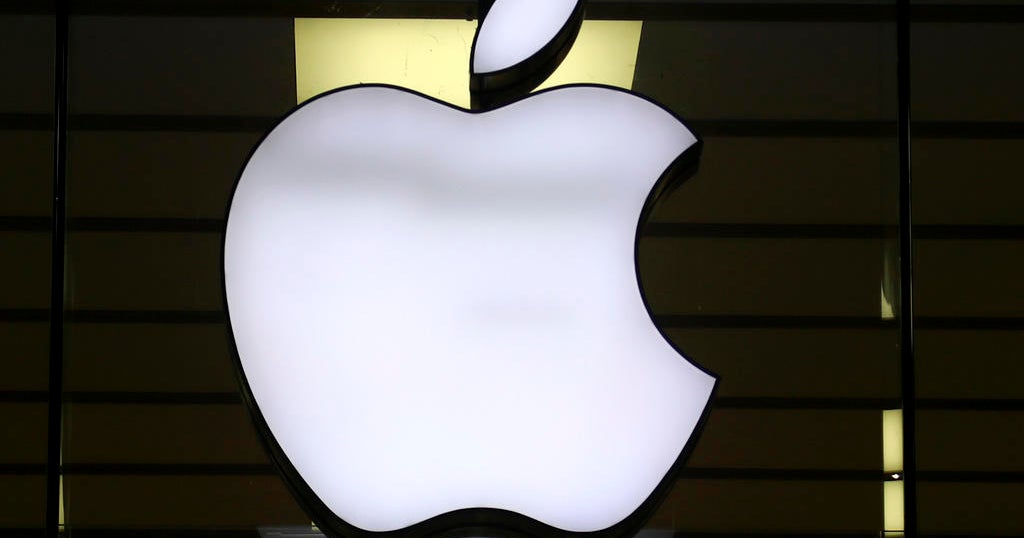Apple Found in Contempt for Antitrust Violations in Epic Games Case
A federal court has issued a strong reprimand against Apple Inc., declaring that the company knowingly violated a court injunction related to an antitrust case brought by Epic Games, the makers of Fortnite.
Judicial Ruling Against Apple
U.S. District Judge Yvonne Gonzalez Rogers determined that Apple had defied a 2021 court order aimed at dismantling obstacles to competition in the app marketplace. This injunction mandated that Apple allow developers to offer links to alternative payment systems for in-app transactions, which would facilitate fairer competition.
In her ruling, Judge Gonzalez Rogers stated, “Apple’s continued attempts to interfere with competition will not be tolerated,” emphasizing the need for compliance with antitrust laws.
Apple’s Response and Future Actions
In response to the ruling, an Apple spokesperson expressed the company’s disagreement with the decision, stating, “We will comply with the court’s order and we will appeal.”
Background of the Case
The antitrust saga began in 2020 when Epic Games filed a lawsuit alleging that Apple had established an illegal monopoly through its App Store, which generates billions from transactions using a commission structure ranging from 15% to 30% on in-app purchases. Although the judge rejected claims of monopoly, she did order Apple to lower barriers protecting its exclusive payment system.
Following an unsuccessful appeal by Apple in January 2024, the judge found evidence that contradicted the company’s earlier court testimony. According to her findings, Apple executives, including CEO Tim Cook, knowingly chose actions that stifled competition. Judge Gonzalez Rogers accused Apple’s vice-president of finance, Alex Roman, of providing false testimony during the trial.
Next Steps in the Legal Process
The judgment has serious implications for Apple, as Judge Gonzalez Rogers referred potential criminal contempt proceedings to the U.S. Attorney for the Northern District of California for further investigation. This adds another layer to a complex legal landscape, as the U.S. Justice Department filed a comprehensive antitrust lawsuit against Apple in the previous year, alleging broader attempts to suppress competition.
Conclusion
The court’s ruling marks a pivotal moment in the ongoing struggle between major tech companies and regulatory frameworks designed to promote fair competition in digital marketplaces. As the situation develops, the implications for both Apple and the broader tech industry will be closely monitored.

